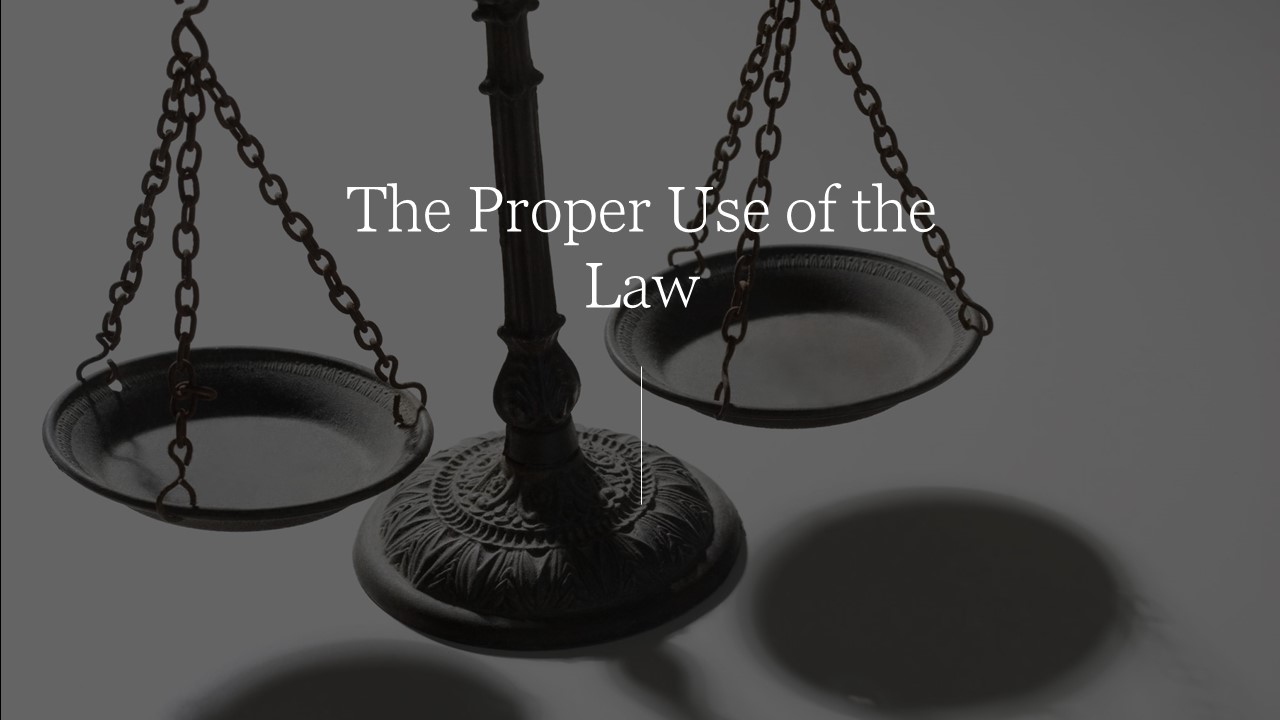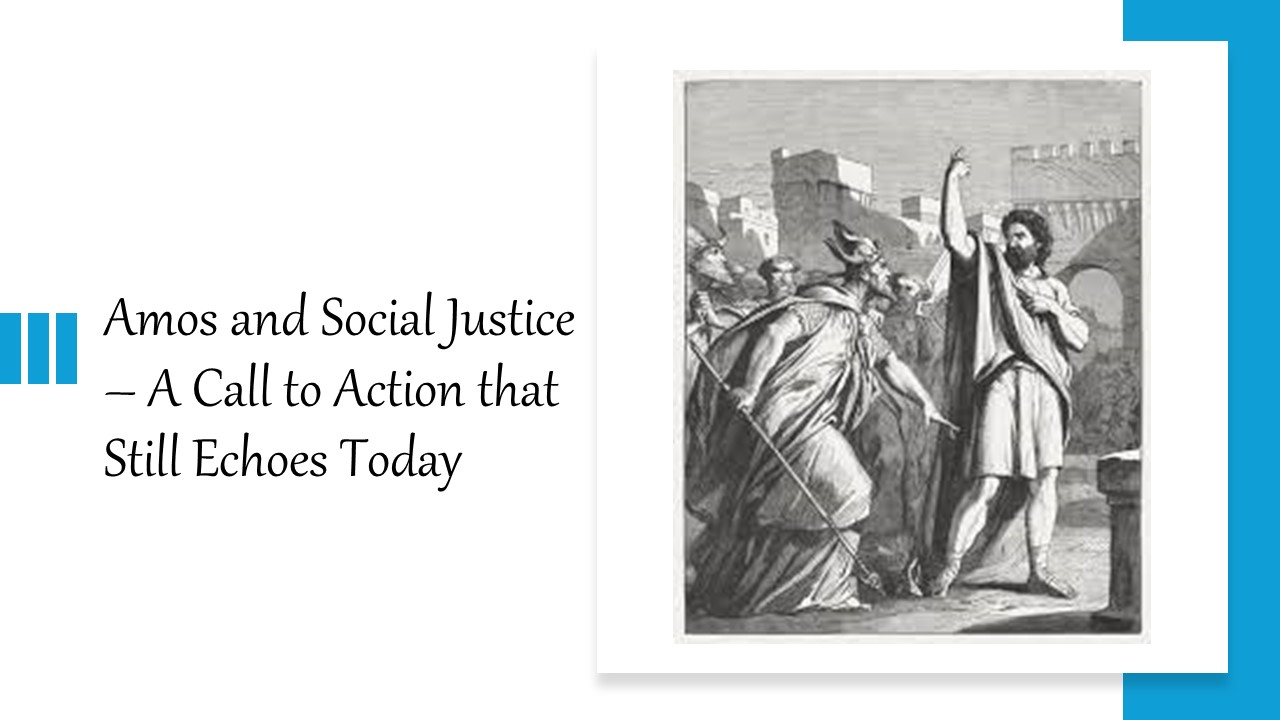In this dramatic episode, the narrative unfolds around King Hezekiah of Judah, a ruler distinguished for his devout reforms and his efforts to rekindle the worship of the One True God in a polytheistic world. The episode paints a vivid picture of Hezekiah’s reign - his dedication to eradicating idolatry, revitalizing the Temple, and steering his people back to monotheism. As the 13th King of Judah, Hezekiah’s narrative is interwoven with the threats and political tensions of his time, particularly the looming Assyrian empire to the north and the fading glory of Egypt to the south.
The narrative reaches a crescendo with the Assyrian siege of Jerusalem, a period of intense turmoil and faith-testing for Hezekiah. The prophet Isaiah emerges as a key figure, providing divine counsel and assurance during this crisis. The miraculous deliverance of Jerusalem, as prophesied by Isaiah, underscores the episode’s theme of divine intervention and faithfulness.
The episode also delves into Hezekiah’s personal struggles, particularly his confrontation with mortality. Faced with a terminal illness, Hezekiah’s heartfelt prayer leads to a divine extension of his life by fifteen years, accompanied by a miraculous sign from God.

People who are not convicted of their sin and who do not realize their own inability to meet God’s holy standard by their own...

The story of the first family in Genesis offers profound lessons about humanity’s relationship with God and each other. From Adam and Eve’s fall...

Amos's message resonates deeply with today's issues of injustice and exploitation, echoing the concerns of Jesus's own ministry. Both figures called for radical accountability,...